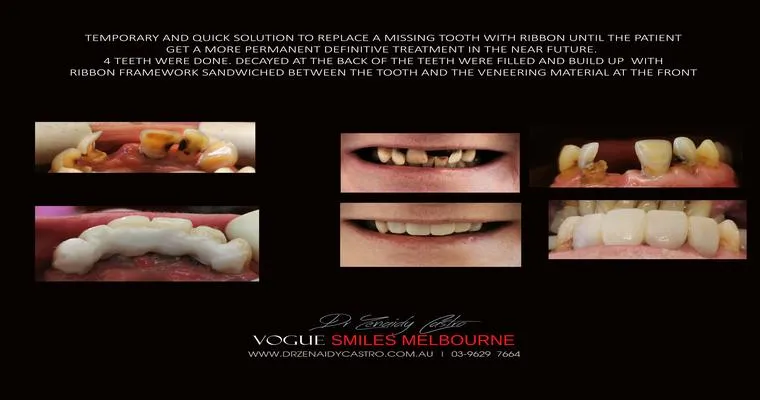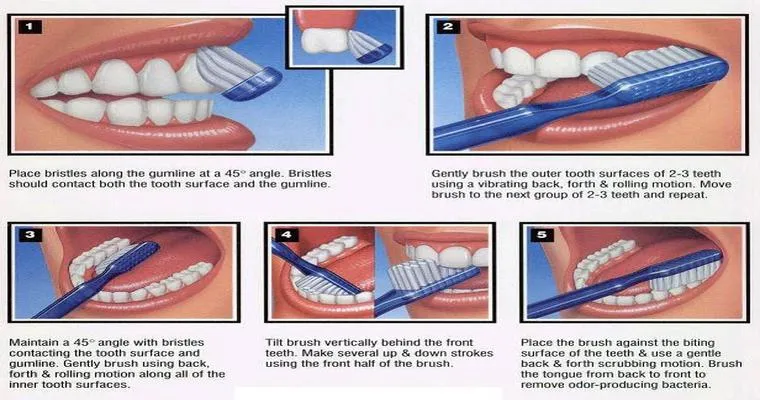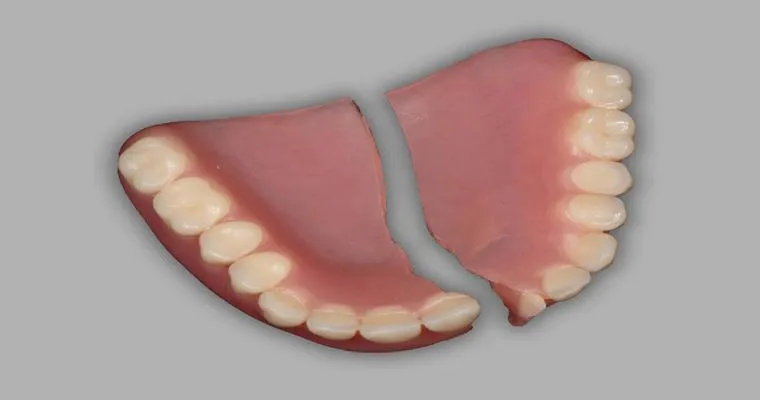Adjusting to "permanent dentures" can be a significant transition, especially for those who are learning how to live without teeth for the first time. Whether you have recently undergone tooth extraction or have been fitted with dentures, it is essential to embrace this new chapter with positivity. In this article, we will explore practical tips and strategies to make this adjustment smoother and enhance your quality of life while wearing "dentures".
Understanding Your New Reality
The first step in adjusting to permanent dentures is to understand that it’s a process. You may experience discomfort or difficulty speaking and eating at first, but these sensations will diminish over time. It’s crucial to remind yourself that many people successfully adapt to dentures, and with patience and persistence, you can too.
Practice Speaking
One common challenge for new denture wearers is speaking clearly. To improve your diction, try reading aloud in front of a mirror. This practice will help you become familiar with how your dentures feel while speaking. Additionally, you can practice common phrases and words that may be tricky at first. Over time, your muscle memory will adapt, and speaking will feel more natural.
Start with Soft Foods
When you first get your dentures, it’s best to start with "soft foods". Foods like yogurt, mashed potatoes, and smoothies can make the transition easier. Gradually introduce more solid foods as you become comfortable. Avoid sticky or hard foods initially, as they can dislodge your dentures or cause discomfort.
Invest in Denture Adhesive
Using a quality "denture adhesive" can help improve the fit and stability of your dentures. This can boost your confidence when eating or socializing. Be sure to follow the instructions carefully and choose an adhesive that is suitable for your specific needs.
Maintain Oral Hygiene
Even without natural teeth, maintaining "oral hygiene" is essential. Clean your dentures daily with a soft brush and non-abrasive cleaner designed specifically for dentures. Also, don’t forget to clean your gums and tongue to promote better oral health and prevent bad breath.
Stay Hydrated
Wearing dentures can sometimes lead to dry mouth, which can be uncomfortable. Be sure to drink plenty of water throughout the day to stay hydrated. If dry mouth persists, consider using saliva substitutes or discussing the issue with your dentist.
Join Support Groups
Connecting with others who are going through a similar experience can be incredibly beneficial. Look for local or online support groups for denture wearers. Sharing your experiences and hearing tips from others can provide encouragement and valuable insights.
Regular Dental Check-ups
Regular visits to your dentist are crucial for ensuring your dentures fit correctly and are in good condition. Your mouth can change over time, which may affect the fit of your dentures. Schedule check-ups to address any issues and receive professional advice on maintaining your oral health.
Embrace New Activities
Adjusting to life with dentures also means embracing new activities. Consider exploring hobbies that encourage social interaction, such as joining a club or taking a class. Engaging in new experiences can boost your confidence and help you adapt to your new lifestyle.
Conclusion
Adjusting to "permanent dentures" may take time, but with the right strategies, you can thrive without teeth. Focus on practicing your speaking, maintaining good oral hygiene, and staying connected with others. Remember, this is a new chapter in your life, and with a positive attitude and the right support, you can enjoy all the benefits that come with it.





